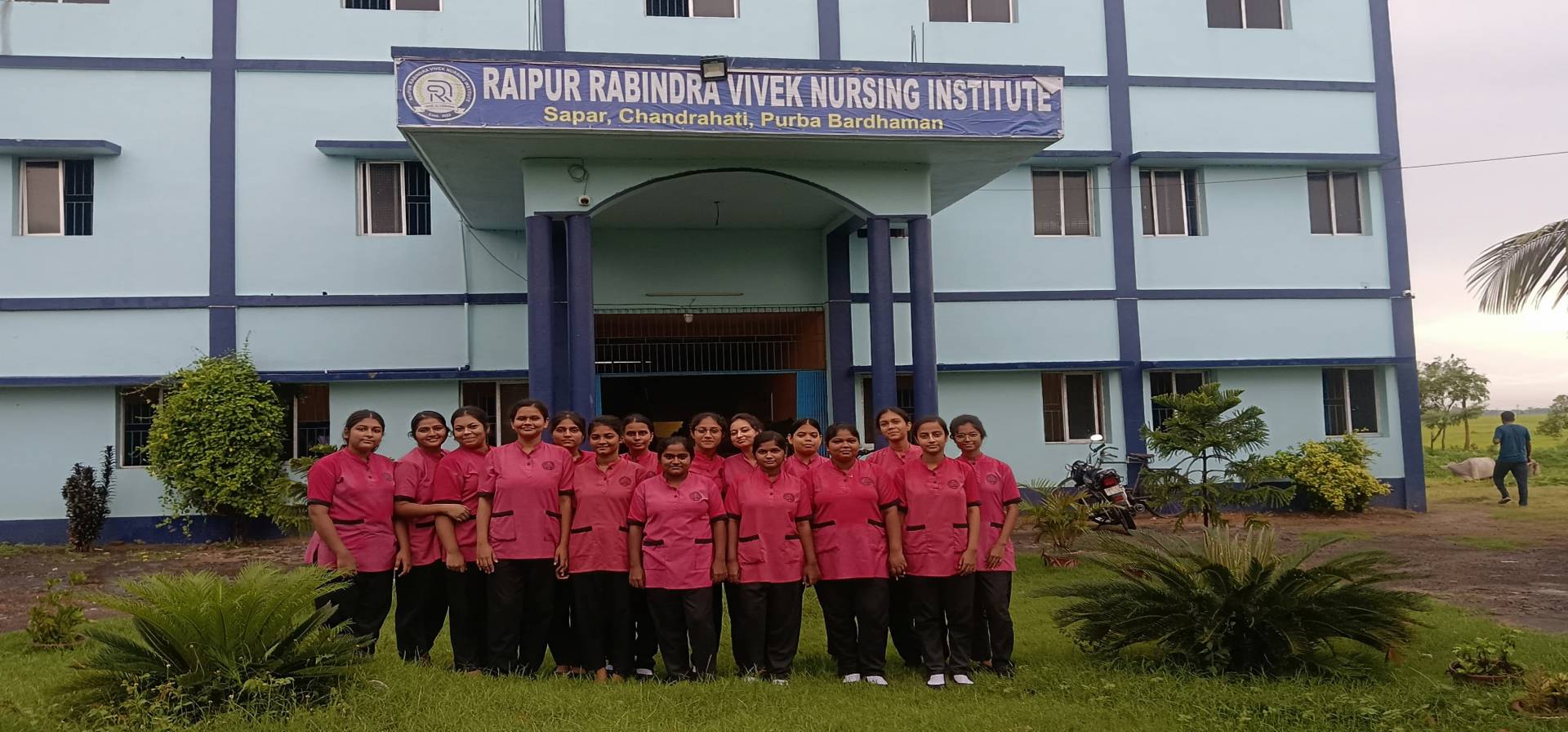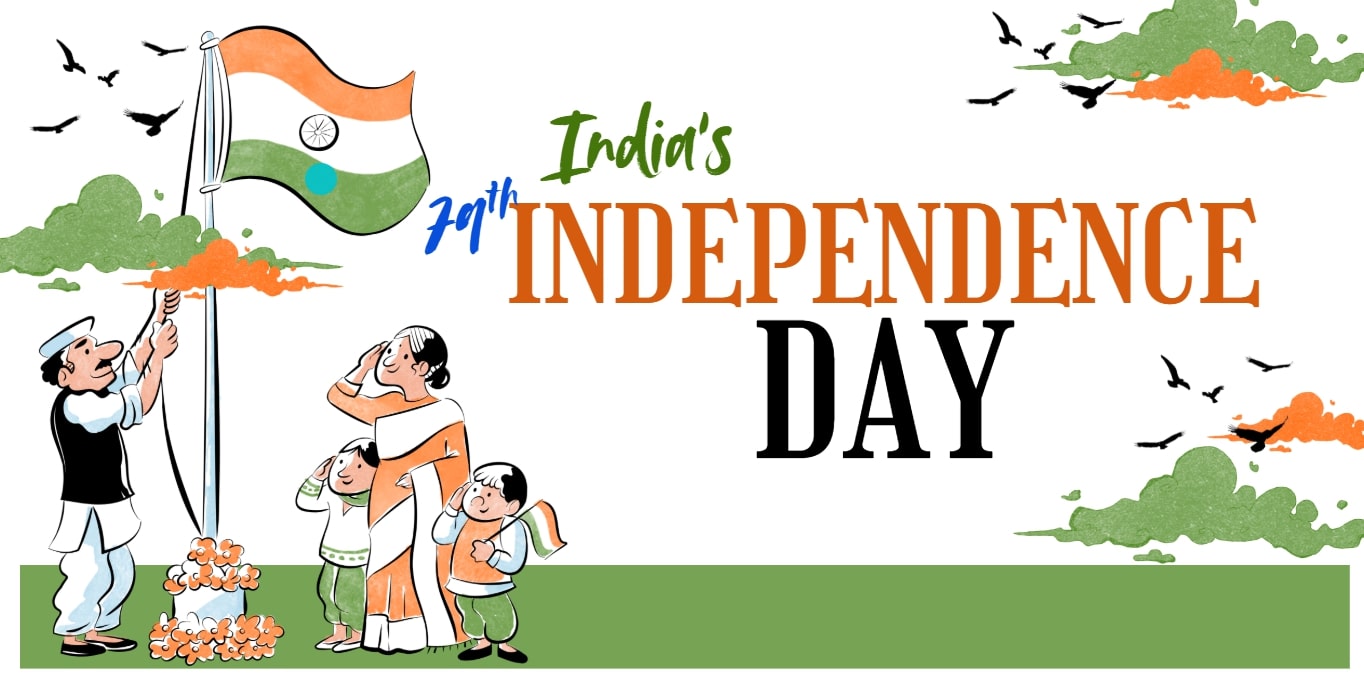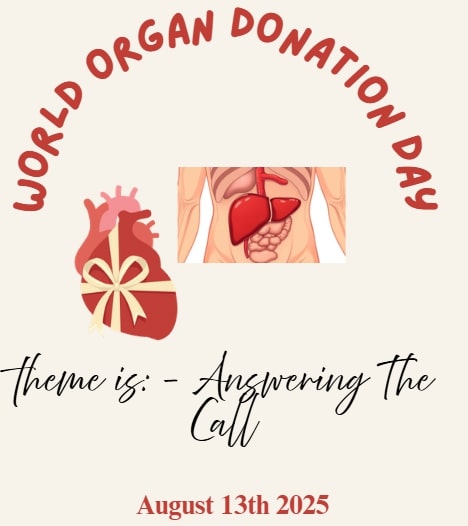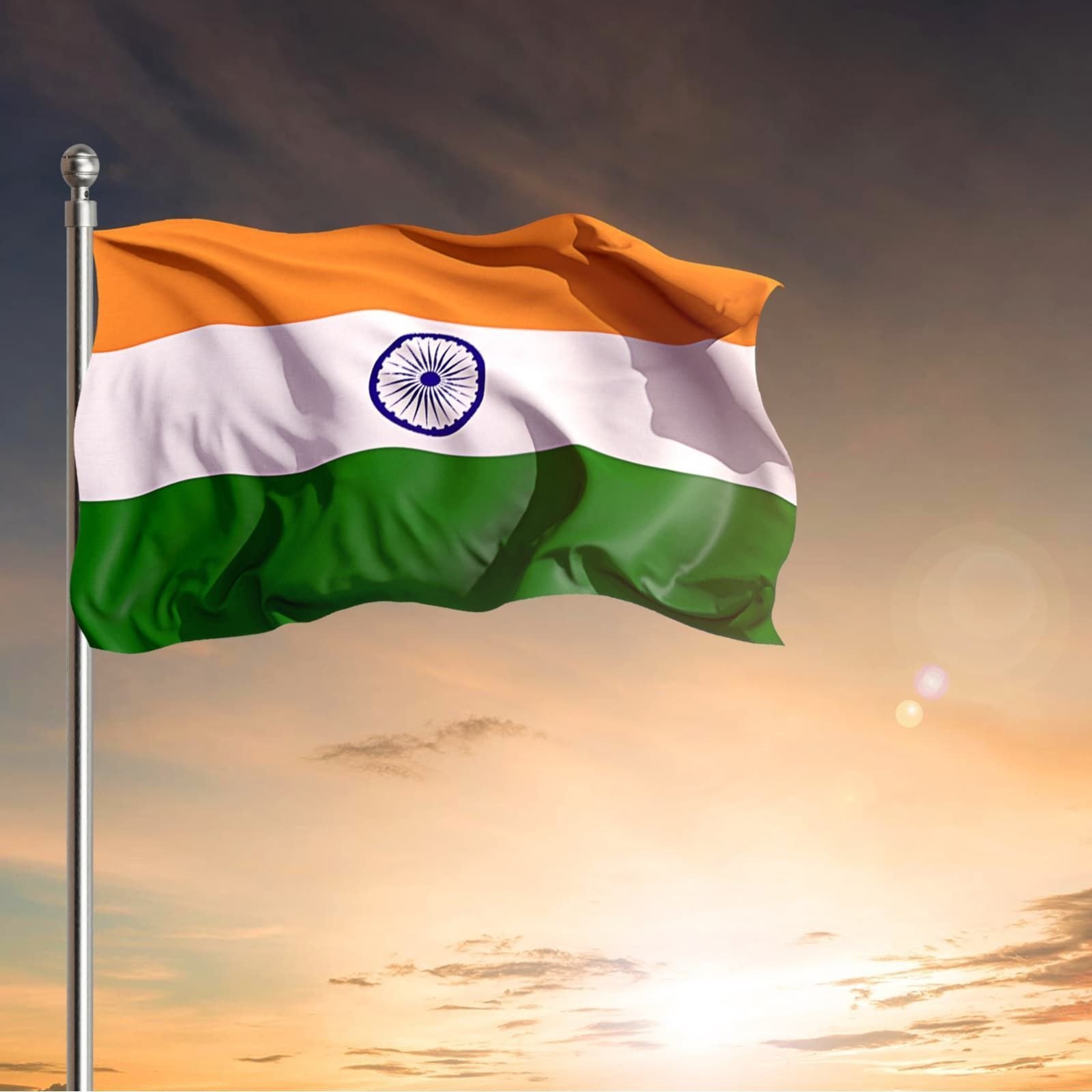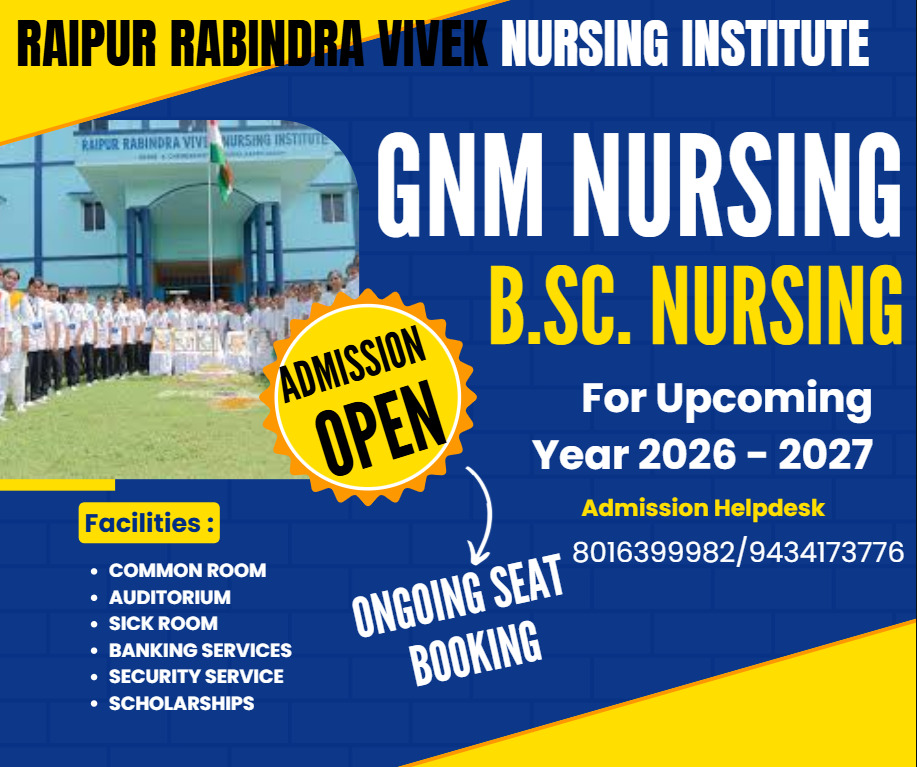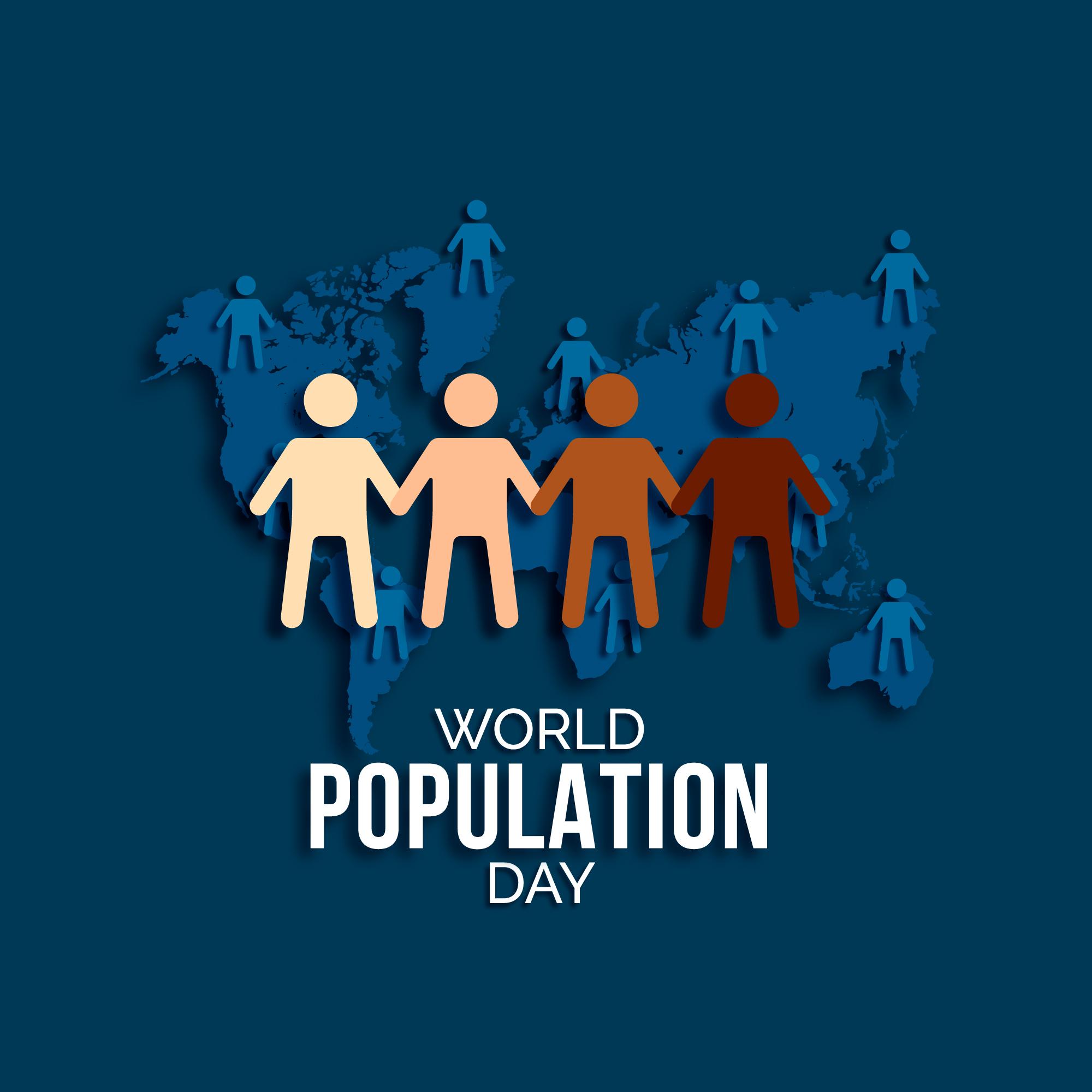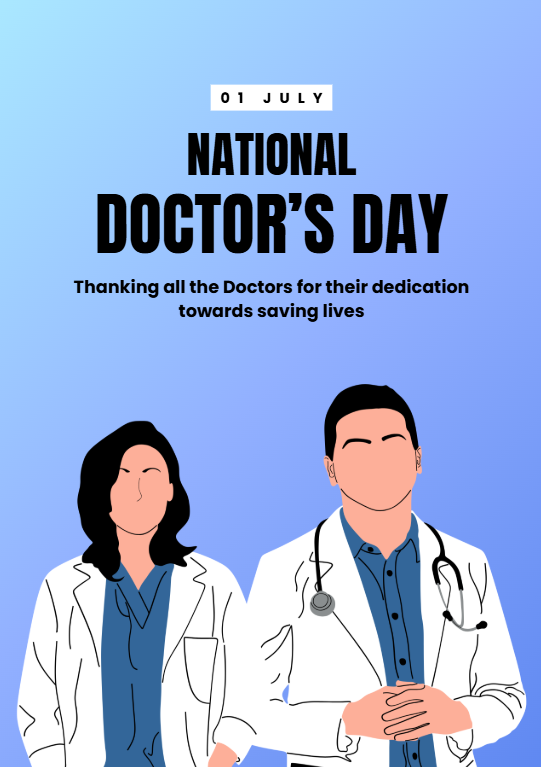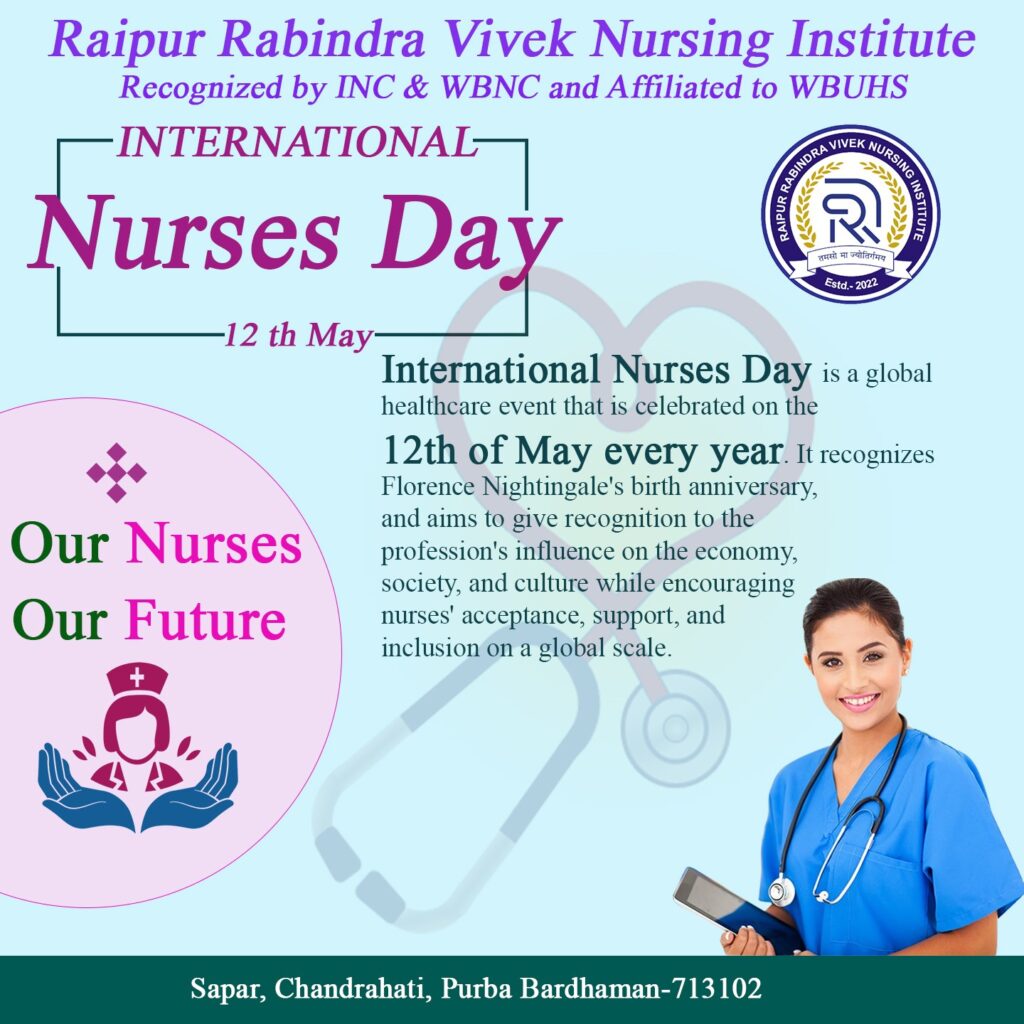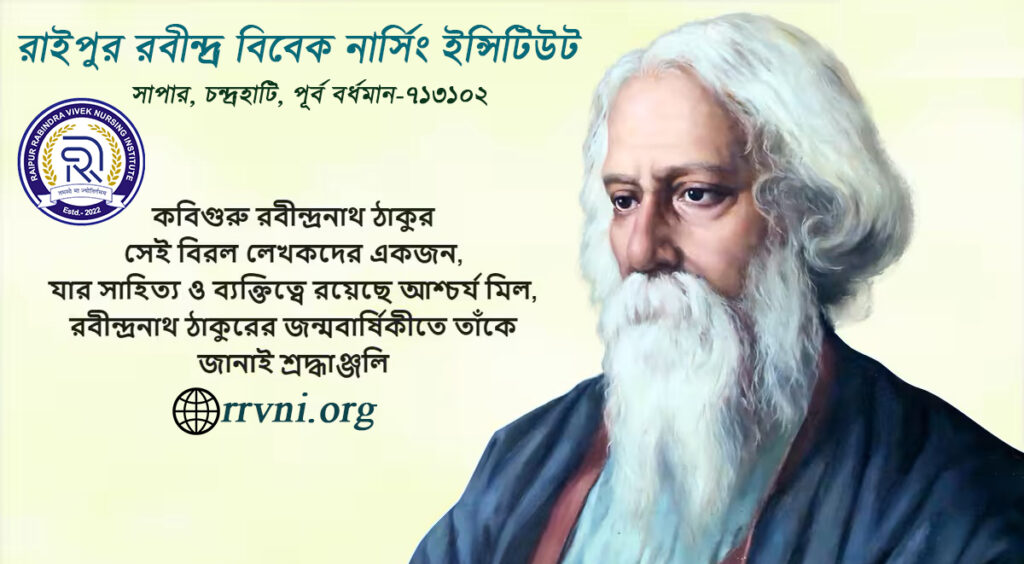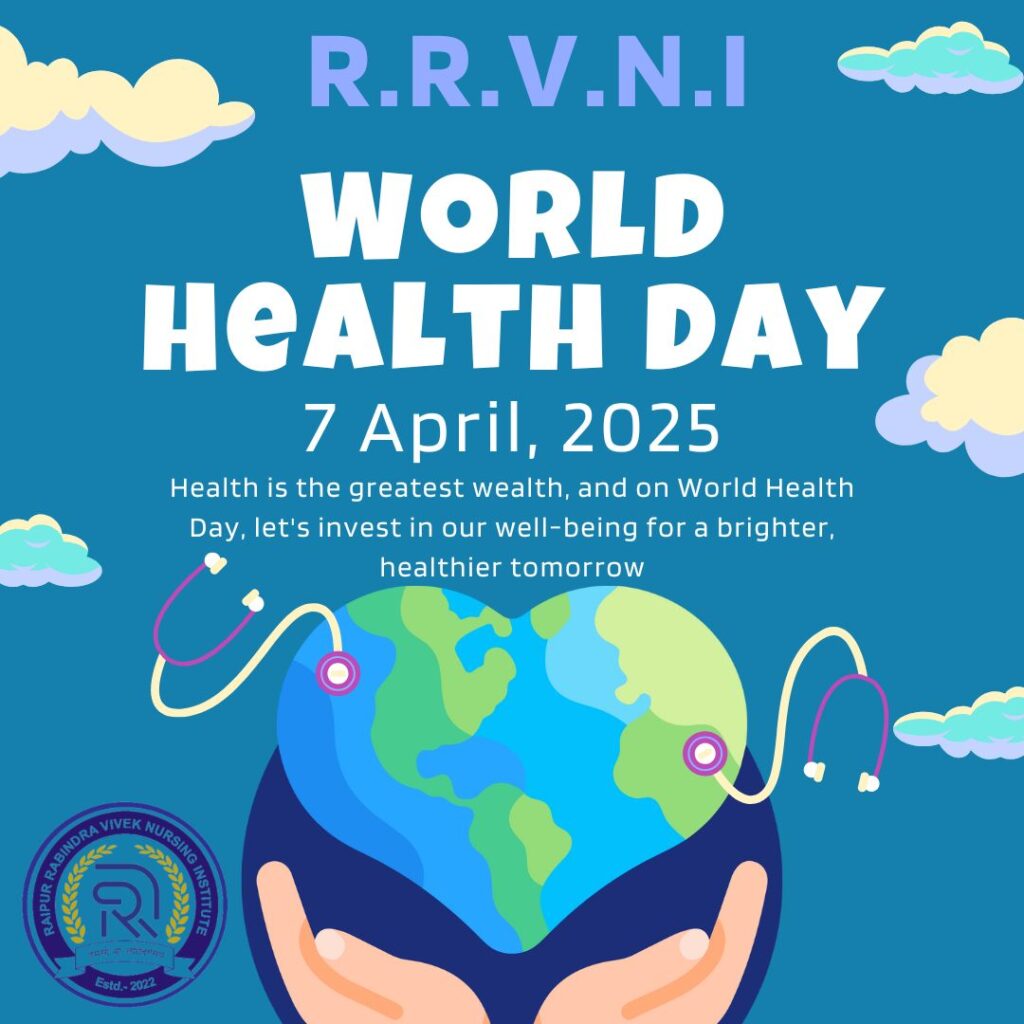Recognized by INC & WBNC and Affiliated to WBUHS ( B.Sc & GNM )
Nursing is a profession within the health care sector focused on the care of individuals families and communities so that they may attain, maintain, or recover optimal health and quality of life. Nurses may be differentiated from other health care providers by their approach to patient care, training, and scope of practice.
Nursing practice may offer specialties with differing levels of prescription authority. Many nurses provide care within the ordering scope of physicians and this tradition role has shaped the public image of nurses as care providers. However, nurse practitioners are permitted by most jurisdictions to practice independently in a variety of settings. Since the post-war period nurse education has undergone a process of diversification towards advance and specialized credentials, and many of the traditional regulations and provider roles are changing.
Nurses develop a plan of care working collaboratively with physicians, therapists the patient, the patient’s family, and other team members that focuses on treating illness to improve quality of life. In the United States and the United Kingdom, advanced practice nurses, such as clinical nurse specialists and nurse practitioners, diagnose health problems and prescribed medications and other therapies depending on individual state regulations. Nurses may help coordinate the patient care performed by other members of a multidisciplinary health care team such as therapists, medical practitioners and dietitians. Nurses provide care both interdependently for example with physicians and independently as nursing professionals.

